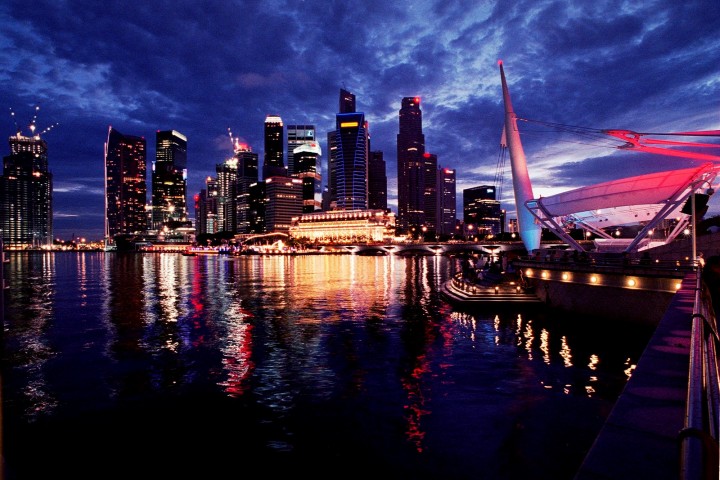
Singapore Issues New Carpool Laws That Let Drivers Get Paid For Rides
TECHINASIA: Last week, the Singapore government issued new laws that will allow drivers to receive payments for carpools. The statute was completed on Monday, March 2, and reported by the Straits Times on Friday. According to the statute, car owners can accept monetary compensation for driving passengers, provided the driver does not accept hails on the street or in a parking lot. In addition, payment cannot exceed the cost of taking the passenger to his or her destination, which must be agreed upon before the ride begins. Drivers are also prohibited from making more than two rides a day.
The law marks a small but still-notable development as cities around the world make way for business like Uber, which open up commercial passenger transport to ordinary people.
Under the current conditions, Singapore’s new carpool laws do not accommodate peer-to-peer UberX, wherein ordinary people get paid to drive around passengers. The caps on daily rides and pricing would prevent UberX drivers from making any real earnings. So at best, the model is permitted but with tough restrictions. Last time we checked, UberX in Singapore was not peer-to-peer – drivers are licensed pros, not average Joes. So this law could be dually interpreted as a careful invitation or a wag of the finger. Even so, Uberpraised the new laws on its Facebook page.
Singapore has kept a measured tone towards Uber and other transportation networks compared to other cities in Asia. In November it issued a set of regulations on taxi-hailing apps which effectively green-lit companies like GrabTaxi and EasyTaxi in the city-state. UberX poses more questions about insurance and labor relations though, so it tends to take longer before governments address its ridesharing model.
Recently, Uber shut down UberX in Seoul following a prolonged government crackdown, and temporarily suspended its pilot ridesharing program in Fukuoka. The company has also come under pressure from authorities in Taipei, Manila, Bangkok, Kuala Lumpur, andJakarta, though it has yet to cease operations in those markets.





